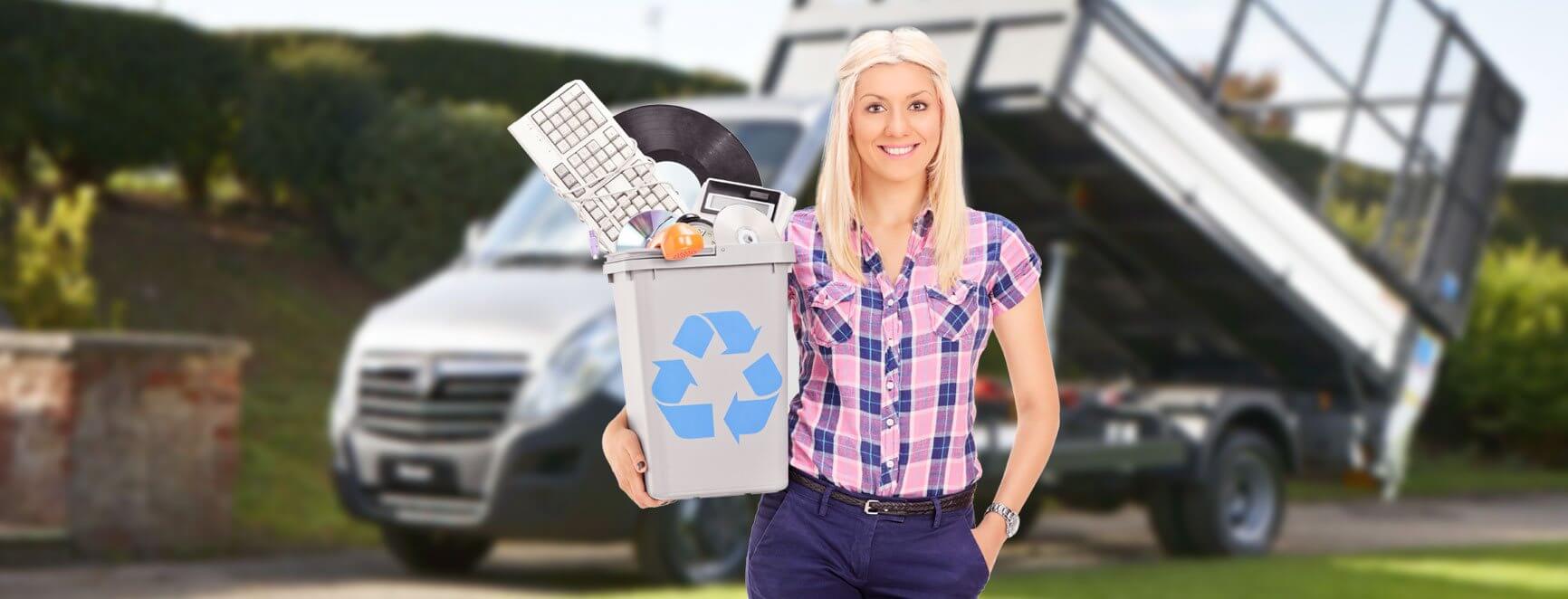Smart Ways to Reduce Home Waste
Posted on 20/01/2025
With environmental concerns at an all-time high, reducing home waste has become more crucial than ever. Not only does minimizing waste help conserve resources, but it also contributes to a cleaner, healthier environment. In this article, we'll explore practical and smart ways to reduce home waste, alongside their pros and cons, tips, takeaways, and a conclusion.
1. Adopt a Zero-Waste Mindset
One of the most effective ways to reduce home waste is to adopt a zero-waste mindset. This involves making conscious choices to reduce, reuse, and recycle.
- Reduce: Cut down the amount of waste you produce by buying in bulk, avoiding single-use plastics, and opting for products with minimal packaging.
- Reuse: Choose reusable items like cloth bags, glass containers, and metal straws to replace disposable ones.
- Recycle: Properly sort and dispose of recyclable materials to ensure they don't end up in landfills.
Tip: Creating a waste audit can help pinpoint areas in your home where waste can be reduced.

2. Composting
Composting is an excellent way to manage organic waste like fruit and vegetable scraps, coffee grounds, and eggshells. When composted, these materials break down into nutrient-rich soil that can be used for gardening.
Tip: Use a compost bin in your kitchen to collect organic waste before transferring it to an outdoor compost pile or bin.
3. Meal Planning and Food Storage
Food waste is a significant contributor to home waste. Planning your meals and storing food properly can go a long way in reducing it.
- Create a shopping list to avoid buying items you don't need.
- Store perishable foods in airtight containers to extend their shelf life.
- Freeze leftovers and excess produce to prevent spoilage.
Tip: Implement the "first in, first out" rule to use older food items before newer ones.
4. Use Eco-Friendly Cleaning Products
Switching to eco-friendly cleaning products can significantly reduce the number of harmful chemicals and plastic waste entering your home. You can either buy green products or make your own using simple ingredients like vinegar, baking soda, and lemon juice.
Tip: Reuse old spray bottles for your homemade cleaning solutions to cut down on plastic waste.
5. Donate and Sell Unused Items
Instead of throwing away items you no longer need, consider donating or selling them. Many organizations accept a wide range of items, from clothing and electronics to furniture and books.
Tip: Host a garage sale or use online platforms such as eBay or Craigslist to sell items.
6. Minimize Water Waste
Conserving water not only benefits the environment but also reduces your water bill. Simple actions like fixing leaks, using low-flow fixtures, and collecting rainwater can make a big difference.
Tip: Consider installing a greywater recycling system to reuse water from sinks, showers, and washing machines.
Pros and Cons
Pros
- Reduces environmental impact.
- Saves money in the long run.
- Encourages a healthier lifestyle.
- Conserves natural resources.
Cons
- May require time and effort to implement initially.
- Upfront costs for some zero-waste products can be higher.
- Requires a lifestyle change and commitment.
Tips for Success
- Start small and gradually incorporate more practices.
- Get the whole family involved for better results.
- Keep track of your progress to stay motivated.

Key Takeaways
- Reducing home waste involves a combination of mindful consumption, proper waste management, and eco-friendly practices.
- Composting, meal planning, and using eco-friendly products are effective strategies to cut down waste.
- Both individual commitment and community involvement are essential for significant impact.
Conclusion
Reducing home waste is not just an environmental responsibility; it's an investment in our future. By adopting smart, sustainable practices, we can all contribute to a cleaner, healthier planet. The changes might seem minor on an individual level, but collectively, they make a significant difference. Start today and take the first step toward a zero-waste lifestyle.





